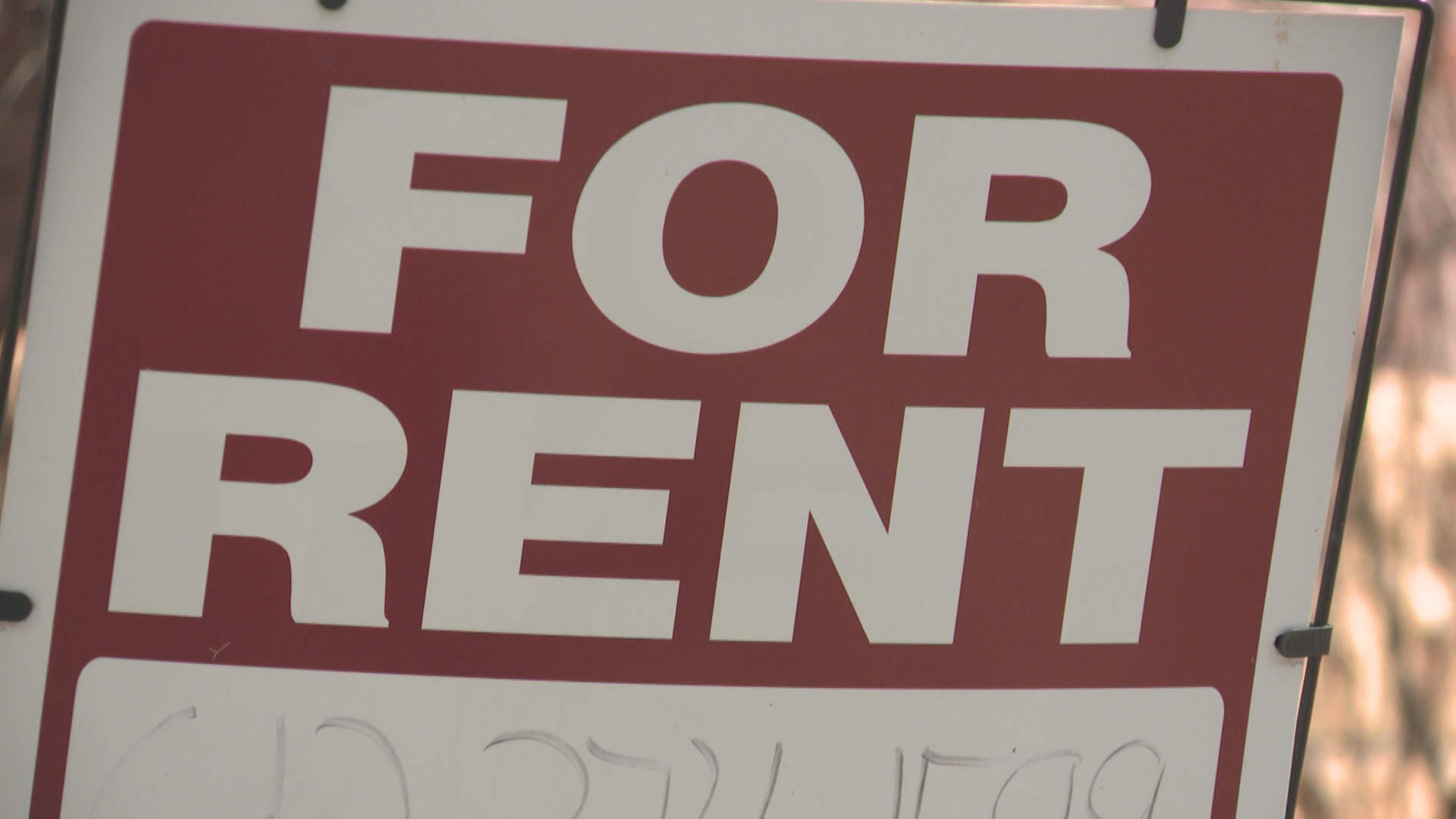MINNEAPOLIS — As federal and state COVID protections for renters end or phase out, the Minnesota renter hotline HOME Line has been busier than ever.
Executive Director Eric Hauge said calls have increased 71 percent through the first four months of 2022, mostly having to do with evictions.
"People are calling us about threats of eviction, concerns about evictions, pending eviction filings," Hauge said. "That's effectively like having an entire other hotline on top of the hotline we had last year."
While the reasons for evictions are different from case to case, there's no doubt people across the country are paying more for rent these days.
According to the real estate firm Redfin, average monthly listed rents increased by 14 percent last year nationwide, "the largest annual jump since at least February 2019 — the earliest month in Redfin's rental data." Redfin reported a year-to-year increase of 9 percent for Minneapolis from 2020 to 2021, far from the largest jump in the U.S., but not insignificant.
More recently last month, a Washington Post analysis — citing data from CoStar — calculated county-by-county rent increases dating back to 2019. Hennepin and Ramsey Counties have seen average rent increases of 3.4 percent and 5 percent, respectively, while Wright, Isanti, Chisago, and Washington Counties have all experienced double-digit-average rent hikes.
"Rent has been increasing pretty consistently for years," Hauge said. "Maybe some rent increases were held off a little bit during the pandemic, particularly as a result of the eviction moratorium and other things, but we are starting to see more situations where callers and clients are contacting us about rent increases. To a certain extent, that's why you saw in the metro here last November, two cities have ballot initiatives that impact the price of rent and rent stabilization."
Soaring demand for housing plays a role in all of this.
"The rental inventory is substantially less than what it was two years ago," said Zach Olson, an urban realtor with DRG. "It's economics — when inventory is low, price starts to go up. What we're seeing effectively is less rentals, with prices going up, which means they're moving at a faster rate than we've seen in the last two years."
In Minneapolis specifically, Olson said that many buildings have stopped offering popular pandemic incentives to renters, like a month or two of free rent upon occupying a unit. They no longer need those concessions to lure renters as the city emerges from the worst of the pandemic.
"We're getting a lot of people eager to get back: North Loop, Mill District, Northeast," Olson said. "The issues we're seeing now is just finding them ample options."
Rental demand — and prices — may continue to increase as a result of the housing market.
The Twin Cities median home price has surpassed $350,000, and mortgage rates have creeped up over the past year, although they remain much lower than decades past.
"''Do we really want to bid $50,000 cash over-asking, or would we rather just rent in the city one more year?'" Olson said, paraphrasing what some clients are asking him. "We are getting a push for those type of individuals, but again, it's all going to come down to where they're looking to buy and what their criteria is."
Eric Hauge, of HOME Line, agreed that the pricey housing market will likely impact rental demand.
"Yeah, definitely expect that," Hauge said. "You have a lot of folks that, at this time of their lives, they'd be hoping to make that step, make that investment into homeownership. And they're unable to reach that because of the housing market."
Watch more local news:
Watch the latest local news from the Twin Cities in our YouTube playlist:

